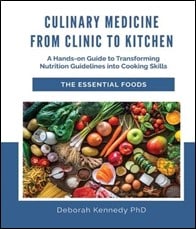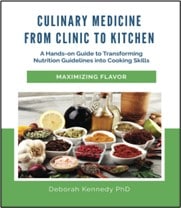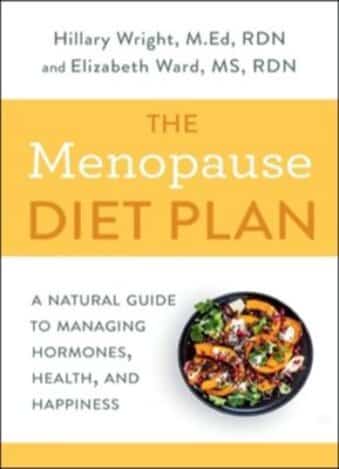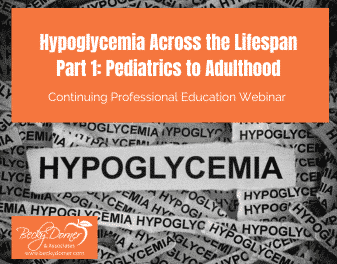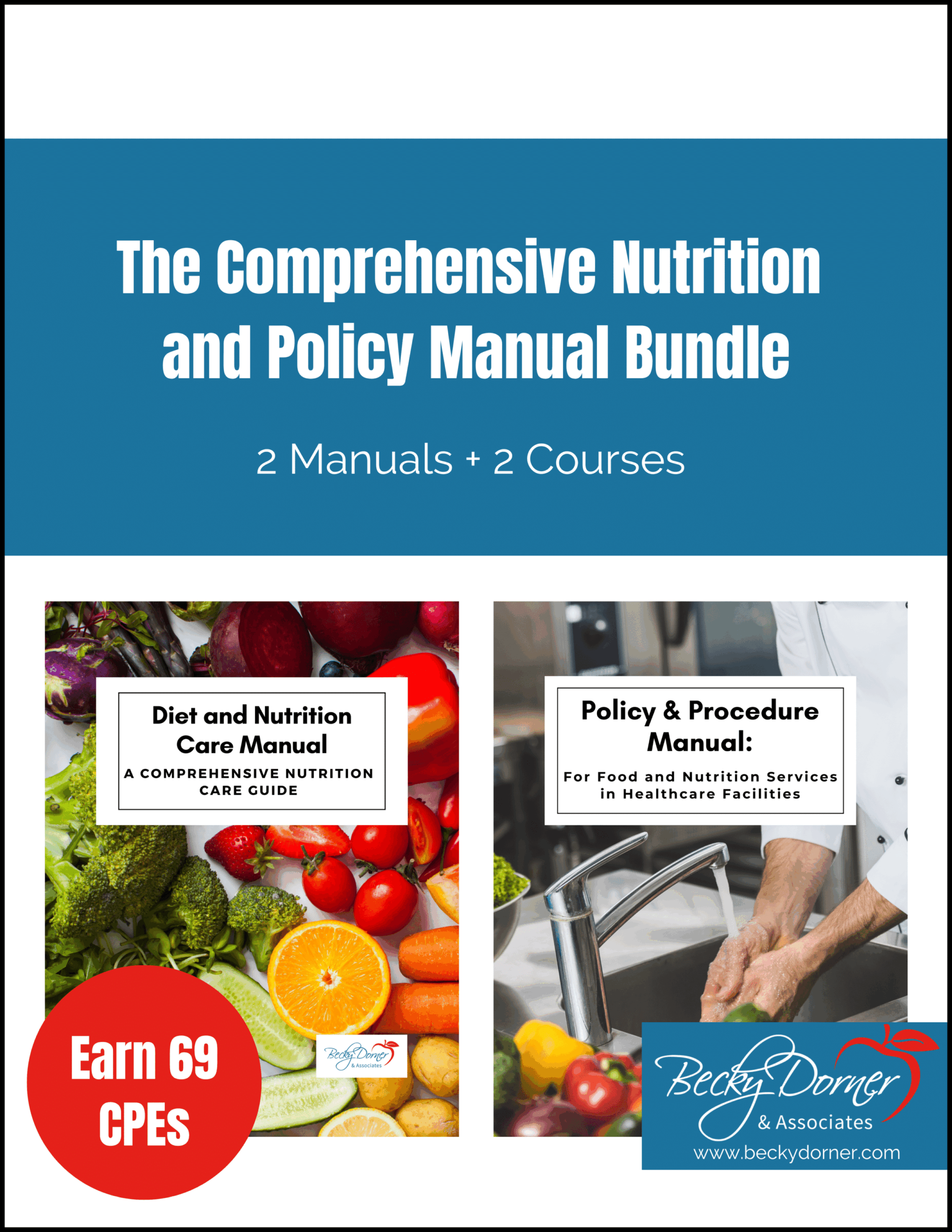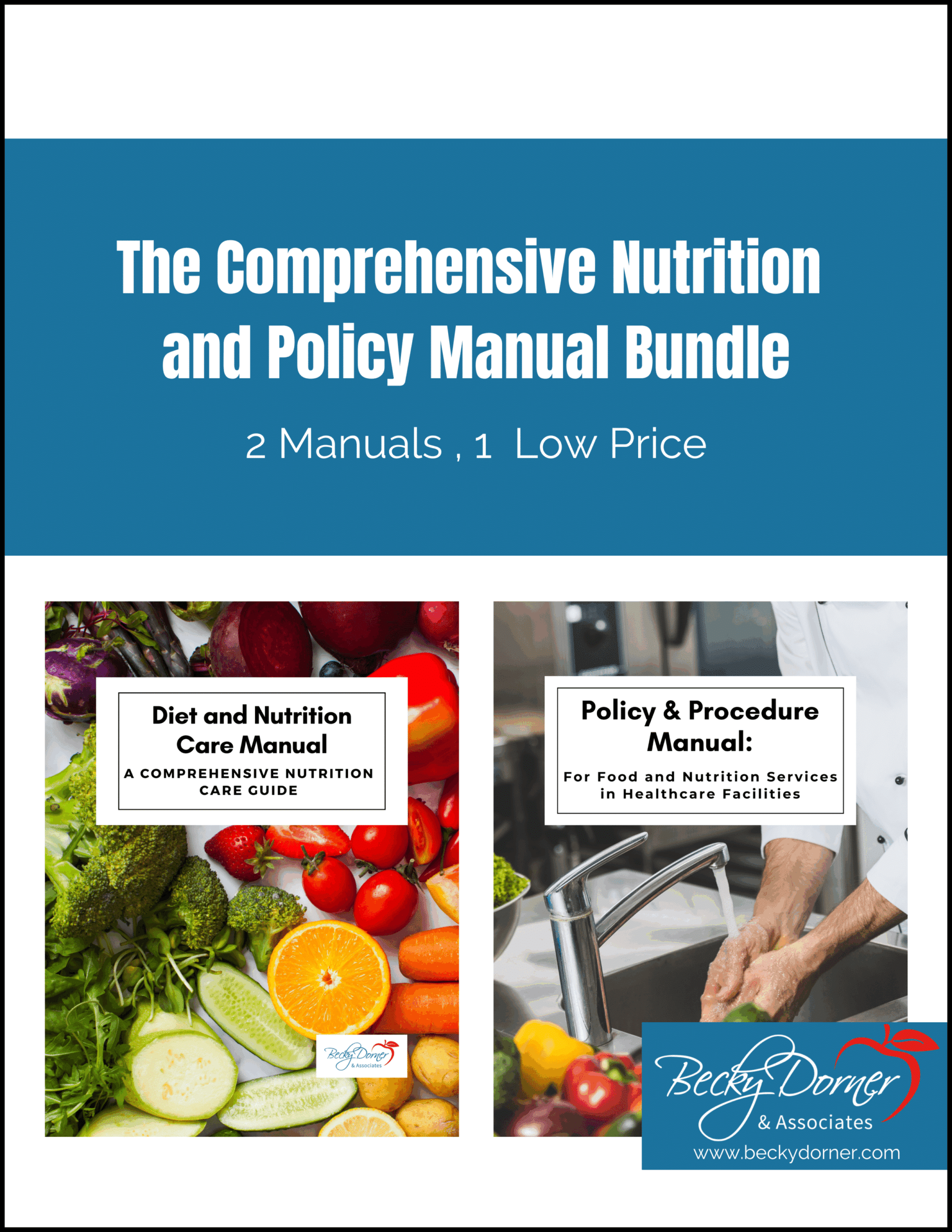
Jada, a new registered dietitian nutritionist (RDN) has been at her first job in a skilled nursing facility for one month. She has embraced the challenging position and is learning the ropes quickly, but she is struggling with an ethical issue with a resident. Mrs. Kelly is 88 years old, has severe dementia, is very confused, and can no longer feed herself. Due to dysphagia issues, she is on a pureed diet with moderately thick liquids. Recently, her dysphagia has worsened, and her food and fluid intake has been poor – resulting in a 10 pound unintended weight loss in the past month. The speech language pathologist (SLP) says Mrs. Kelly’s dysphagia is profound, and she is at high risk for aspiration. Mrs. Kelly’s advance directives indicate that tube feeding is desired if it becomes necessary. The facility’s nurse practitioner tells Kayla that oral feeding is risky for Mrs. Kelly, but that tube feeding is not a good option because of her advancing dementia. Jada is puzzled by that comment and begins to study the relationship between dementia, dysphagia, and enteral nutrition in preparation for an upcoming care plan meeting with Mrs. Kelly’s daughter Betsy.
Nutrition Care and Advanced Dementia
We are all taught life is precious and should be preserved at all costs, so the nurse practitioner’s comments might appear to be inappropriate to someone who is new to the world of advanced dementia. Although we may not think about it this way, dementia is a chronic disease that, like other chronic diseases, ultimately leads to death. Dysphagia1 and weight loss2 often occurs as dementia progresses. It might seem like tube feeding would be a logical next step for a patient like Mrs. Kelly, but that intervention is not supported by research. There is no evidence that tube feeding patients with advanced dementia improves survival or quality of life, reduces pain or mortality, or leads to better nourishment3, and there is little evidence that tube feeding reduces risk of aspiration pneumonia, prolongs life, or improves quality of life in this patient population1.
Tube feeding a dementia patient can actually be risky, resulting in agitation, greater use of physical and chemical restraints, increased healthcare use due to tube-related complications, and development of new pressure injuries2. For most dementia patients, those risks outweigh the benefits of tube feeding. Several professional organizations, including the American Geriatrics Society and the Alzheimer’s Association, have position statements supporting use of hand feeding over enteral nutrition in dementia patients.
Tough Decisions
Health care providers, patients, and their families can have difficulty accepting and acknowledging hand feeding over tube feeding as the compassionate choice for advanced dementia patients. The decision on how to proceed with a patient like Mrs. Kelly is complex and fraught with emotion. Each person’s social, cultural, and religious backgrounds play a role in making nutrition care decisions. Many families worry about “starving” their loved one, but can also understand that a declining appetite and food intake is common in advanced dementia and is part of the disease progression4. It is critical to have a frank conversation about the risks and benefits of enteral nutrition and to develop a care plan based on the patient/family’s decision and their goals of care.
Some families will opt for tube feeding their loved one, and others will choose to forgo tube feeding. When hand feeding is the choice, foods and fluids should be provided at the textures and consistencies that support safe swallowing5. Some families will request that texture and consistency modifications be waived as end-of-life approaches.
Jada’s Journey
At the care plan meeting with Betsy, the interdisciplinary team outlined the risks and benefits of tube feeding, expected outcomes, and effects of tube feeding on Mrs. Kelly’s quality and length of life, and answered Betsy’s questions. Betsy ultimately opted to forgo the tube feeding and Mrs. Kelly passed away quietly a few months later.
Over time and with experience, Jada is becoming more convinced that tube feeding dementia patients does not improve their outcome and can cause unintended consequences. Her confidence is increasing when talking with families and colleagues, and she feels she can advocate for the best possible quality of life for each individual. She also accepts that some families will proceed with feeding tube placement for their loved ones with dementia. Mrs. Kelly’s case helped improve Jada’s knowledge and understanding of the important conversations, complex decisions, and teamwork needed when dealing with the nutritional needs of advanced dementia patients.
References
- Schwartz DB. Enteral nutrition and dementia integrating ethics. Nutr Clin Pract. 2018; 33(3): 377-387. doi: 10.1002/ncp.10085.
- American Geriatrics Society feeding tubes in advanced dementia position statement. J Am Geriatr Soc. 2014;62(8): 1590-1593. doi: 10.1111/jgs.12924.
- Davies N, Barrado-Martin Y, Vickerstaff V et al. Enteral tube feeding for people with severe dementia. Cochrane Database of Systemic Reviews. August 2021. doi.org/10.1002/14651858.CD013503.pub2. Accessed May 11, 2022.
- Dorner B, Posthauer ME, Friedrich EK, Robinson GE. Enteral nutrition for older adults in nursing facilities. Nutr Clin PR act. 2011; 26(3):261-272.
- Dorner B. Diet and Nutrition Care Manual: A Comprehensive Nutrition Care Guide. Dunedin FL; Becky Dorner & Associates; 2021.

